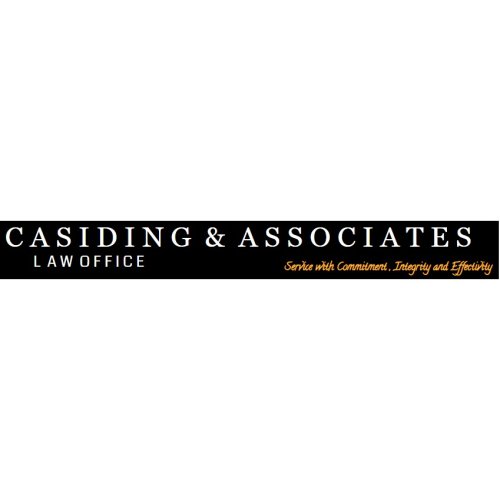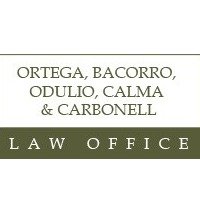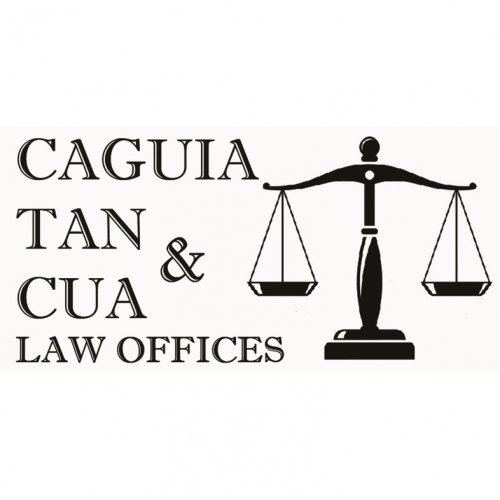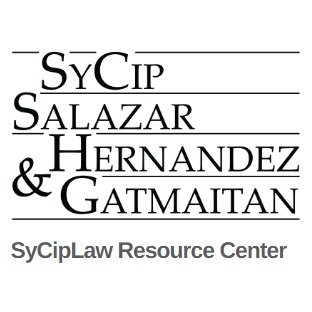Best Antitrust Litigation Lawyers in Makati City
Share your needs with us, get contacted by law firms.
Free. Takes 2 min.
List of the best lawyers in Makati City, Philippines
About Antitrust Litigation Law in Makati City, Philippines
Antitrust litigation involves legal actions taken against unfair business practices that restrict competition or create monopolies. In Makati City, a central business hub in the Philippines, antitrust litigation is particularly relevant due to the presence of numerous corporations and financial institutions. The goal of antitrust laws is to maintain fair market competition by prohibiting practices such as price-fixing, bid rigging, exclusive dealing, and abuse of dominant market positions. These laws encourage a competitive economy which benefits both consumers and businesses.
Why You May Need a Lawyer
Legal assistance in antitrust matters can become essential in various situations. If you are a business owner facing allegations of unfair competition, or if you suspect larger competitors are engaging in anti-competitive activities affecting your business, it is crucial to seek professional advice. Lawyers are also helpful when undergoing investigations or when needing to file complaints about monopolistic practices. Additionally, mergers and acquisitions often require legal review for compliance with antitrust regulations. Victims of price fixing, market division, or collusion may also require an antitrust lawyer to seek redress or damages.
Local Laws Overview
Antitrust litigation in the Philippines is primarily governed by Republic Act No. 10667, also known as the Philippine Competition Act (PCA), along with related rules from the Philippine Competition Commission (PCC). This law applies nationwide, including Makati City. The PCA prohibits agreements that restrict competition, such as price-fixing or market sharing, and forbids abuse of dominant position, including predatory pricing or imposition of unfair conditions. Businesses in Makati must also comply with requirements for mergers and acquisitions, including mandatory notification and prior approval from the PCC if the transaction meets certain thresholds. Local courts, especially those in Makati’s business district, have experience in handling complex antitrust cases and are familiar with the specialized procedures involved.
Frequently Asked Questions
What is antitrust litigation?
Antitrust litigation refers to legal proceedings involving violations of laws designed to promote competition and prevent unfair monopoly or restrictive trade practices.
Who enforces antitrust laws in Makati City?
The Philippine Competition Commission (PCC) enforces antitrust laws across the Philippines, including Makati City. Courts in Makati may also handle specific antitrust cases brought before them.
Can individuals or small businesses file an antitrust complaint?
Yes. Individuals, small businesses, or any market participant can file a complaint with the PCC or through the courts if they are affected by anti-competitive practices.
What business practices are considered anti-competitive?
Common examples include price fixing, market sharing, bid rigging, cartel behavior, exclusive dealing, and abuse of dominant market position, such as imposing unfair terms or predatory pricing.
How do I know if my business needs to notify the PCC about a merger or acquisition?
Notification is generally mandatory if your merger or acquisition meets certain asset or revenue thresholds set by the PCC. Legal counsel can help determine if your transaction requires notification.
What happens during a PCC investigation?
The PCC may request documents, interview involved parties, and inspect business premises. They work to gather evidence to determine if anti-competitive conduct has occurred.
What penalties can be imposed for violating antitrust laws?
Penalties can include hefty fines, invalidation of agreements or transactions, and in some cases, imprisonment for responsible individuals or officers.
Can a Makati City court hear an antitrust case?
Yes. Courts in Makati City have jurisdiction to hear antitrust cases, particularly those involving businesses operating within the city or where the alleged violation occurred there.
How long does an antitrust litigation process usually take?
It depends on the complexity of the case, the amount of evidence, and whether settlements are possible. Cases can last from several months to several years.
Do I always need a lawyer for antitrust issues?
While individuals can file complaints directly, the complexity of antitrust laws makes it highly advisable to consult a lawyer for guidance, representation, and to increase chances of a favorable outcome.
Additional Resources
- Philippine Competition Commission (PCC): The primary regulatory authority for competition-related matters. - Makati City Hall Legal Office: Provides general information and referrals for legal issues within the city. - Integrated Bar of the Philippines Makati Chapter: Can help in finding certified lawyers experienced in antitrust litigation. - Department of Trade and Industry (DTI): Offers additional resources and guidance on fair trade practices. - Local law libraries and university legal clinics: These can be useful for additional research or preliminary guidance.
Next Steps
If you believe you are facing an antitrust matter, begin by gathering all relevant documents, correspondence, and records. Consult with an experienced antitrust lawyer in Makati City, who can assess your situation, explain your rights and options, and help craft an appropriate legal strategy. You may also contact the Philippine Competition Commission for initial advice or to file a formal complaint. Prompt action is crucial, as delays may impact your ability to enforce your rights or defend against legal actions. For business transactions such as mergers or acquisitions, engage legal counsel early in the process to ensure compliance with all regulatory requirements and to avoid severe penalties.
Lawzana helps you find the best lawyers and law firms in Makati City through a curated and pre-screened list of qualified legal professionals. Our platform offers rankings and detailed profiles of attorneys and law firms, allowing you to compare based on practice areas, including Antitrust Litigation, experience, and client feedback.
Each profile includes a description of the firm's areas of practice, client reviews, team members and partners, year of establishment, spoken languages, office locations, contact information, social media presence, and any published articles or resources. Most firms on our platform speak English and are experienced in both local and international legal matters.
Get a quote from top-rated law firms in Makati City, Philippines — quickly, securely, and without unnecessary hassle.
Disclaimer:
The information provided on this page is for general informational purposes only and does not constitute legal advice. While we strive to ensure the accuracy and relevance of the content, legal information may change over time, and interpretations of the law can vary. You should always consult with a qualified legal professional for advice specific to your situation.
We disclaim all liability for actions taken or not taken based on the content of this page. If you believe any information is incorrect or outdated, please contact us, and we will review and update it where appropriate.
















